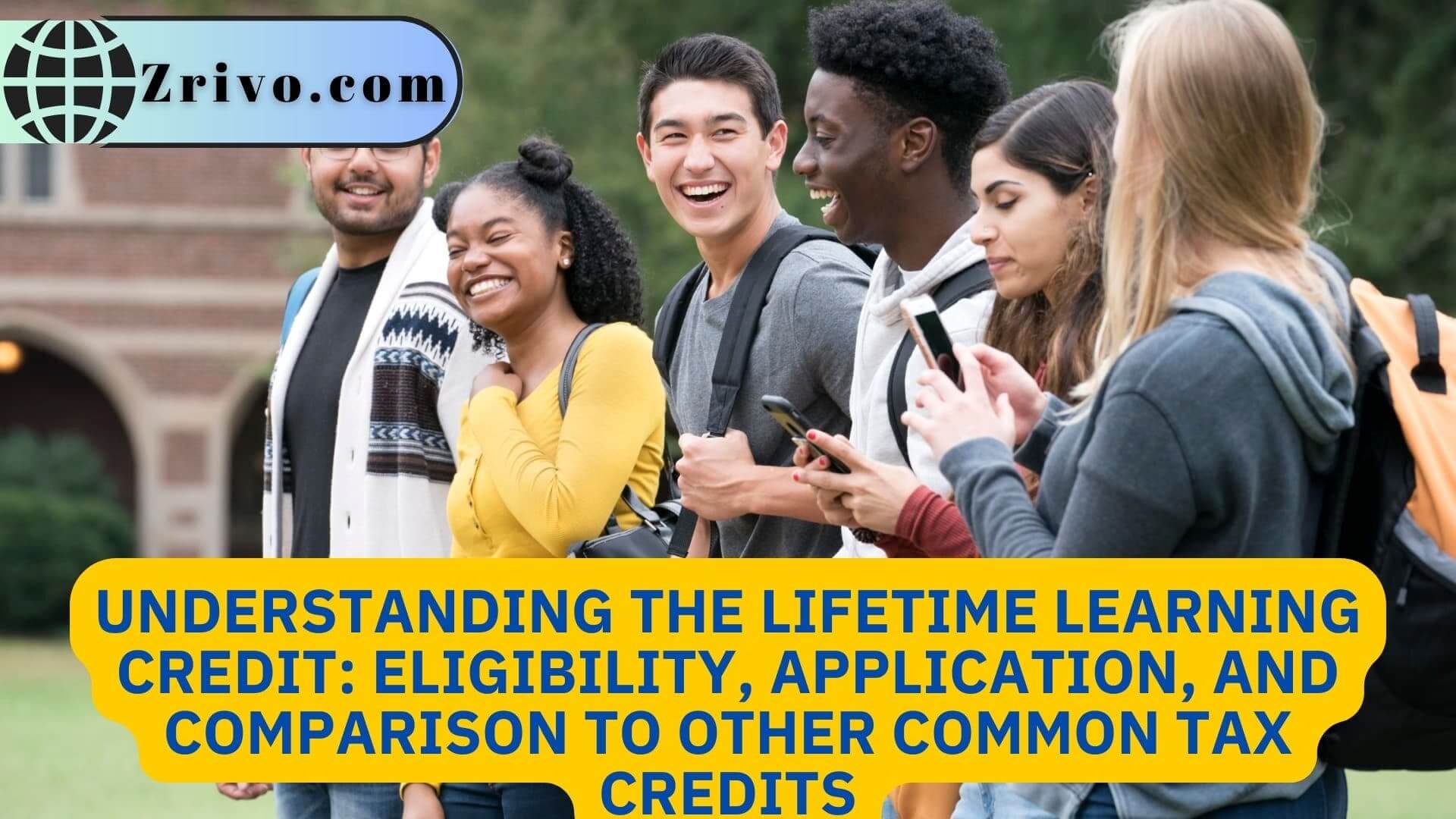
The Lifetime Learning Credit (LLC) is a tax credit designed to help offset the cost of higher education expenses for eligible individuals. This article will explore the LLC, who is eligible for it, how to apply, and how it compares to other common tax credits. The Lifetime Learning Credit is a tax credit that can help eligible individuals offset the cost of tuition, fees, and other qualifying education expenses paid for eligible students enrolled in an eligible educational institution. Unlike some other education tax credits, the student is not required to pursue a degree or enroll in a certain number of classes.
Who is Eligible for the Lifetime Learning Credit?
To be eligible for the Lifetime Learning Credit, you must meet the following criteria:
- You must have paid qualifying expenses for yourself, your spouse, or your dependent.
- You must have paid the expenses for education furnished to an eligible student enrolled in an eligible educational institution.
- You must have a modified adjusted gross income (MAGI) below a certain amount.
- You cannot claim the credit if you are married filing separately.

Eligible Expenses
The following expenses can be used to claim the Lifetime Learning Credit:
- Tuition and fees are required for enrollment or attendance at an eligible educational institution.
- Fees for books, supplies, and equipment required for your course of study.
- Other necessary expenses, such as transportation and lodging, incurred in attending school.
The following expenses are not eligible for the Lifetime Learning Credit:
- Room and board expenses.
- Insurance premiums.
- Medical expenses, including student health fees.
- Expenses related to sports, games, or hobbies.
- Non-academic fees, such as student activity fees.
Credit Amount
The amount of the Lifetime Learning Credit is calculated as 20% of the first $10,000 in qualified education expenses, up to a maximum credit of $2,000 per tax return. It’s important to note that the credit amount is not based on the number of students in the household but rather on the total amount of qualified education expenses incurred during the tax year. This means that if multiple individuals in a household incur qualifying expenses, the credit is still limited to $2,000 per tax return. Additionally, the LLC is a non-refundable credit, which means that it can reduce a taxpayer’s liability to zero but cannot result in a refund if the credit exceeds the amount of tax owed.
Eligibility Criteria
To be eligible for the Lifetime Learning Credit, you must meet the following criteria:
- You must have paid qualifying expenses for yourself, your spouse, or your dependent.
- You must have paid the expenses for education furnished to an eligible student enrolled in an eligible educational institution.
- The eligible student must be either:
- You or your spouse, or
- Your dependent enrolled at least half-time in a program leading to a degree, certificate, or other recognized educational credential.
- You must have a modified adjusted gross income (MAGI) below a certain amount.
- You cannot claim the credit if you are married filing separately.

MAGI Limits
To be eligible for the Lifetime Learning Credit, your MAGI must be below a certain amount. For the tax year 2024, the MAGI limits are as follows:
- Single filers: $69,000
- Married filing jointly: $138,000
- Married filing separately: Not eligible
The credit amount will be reduced or eliminated if your MAGI is above the limit.
How to Apply for the Lifetime Learning Credit?
To claim the Lifetime Learning Credit, you must file IRS Form 8863, Education Credits (American Opportunity and Lifetime Learning Credits), with your federal income tax return. You must also include the eligible student’s name and taxpayer identification number (TIN) on your tax return.
| Tax Credit | Maximum Credit | Refundable | Eligible Expenses | Income Limits |
| Lifetime Learning Credit | Up to $2,000 | No | Tuition, fees, and required course materials | Single: $69,000<br>Married filing jointly: $138,000 |
| American Opportunity Tax Credit | Up to $2,500 | Yes | Tuition, fees, and required course materials | Single: $90,000<br>Married filing jointly: $180,000 |
| Child Tax Credit | Up to $3,600 | Yes | Dependent child under 18 | Single: $200,000<br>Married filing jointly: $400,000 |
| Earned Income Tax Credit | Up to $6,728 | Yes | Earned income and qualifying children | Single: $15,980<br>Married filing jointly: $21,920 |